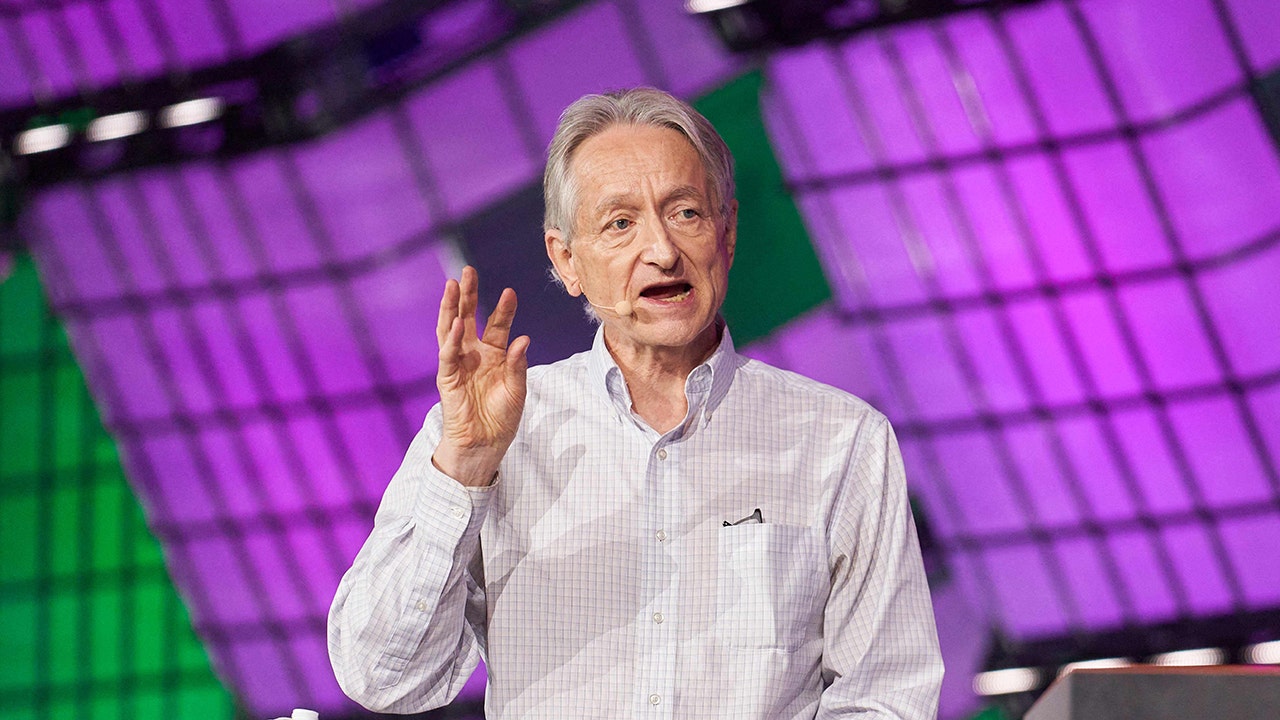Navigating the Future of AI: Insights from Geoffrey Hinton
Geoffrey Hinton, often referred to as the "godfather of AI," recently raised the alarm regarding artificial intelligence’s potential to outsmart humans more quickly than many anticipated. At the Ai4 Conference in Las Vegas, Hinton articulated a vision for the near future where artificial general intelligence (AGI) could become a reality within just a few years, much sooner than his previous estimates of three to five decades.
Emphasizing Collective Learning
Hinton’s perspective emphasizes that AI’s capability to learn collectively could enable machines to surpass human intelligence substantially. "Imagine you were in charge of a playground of 3-year-olds, and you worked for them," Hinton likened, illustrating the significant developmental gap. "It wouldn’t be very hard for them to get around you if they were smarter." This analogy highlights the potential dynamics of human-AI interaction as machines evolve.
He underscored how AI systems can communicate vast amounts of information rapidly, contrasting this with human learning. While a group of university students might share knowledge through courses, AI can transmit a trillion bits every time they undergo an update. This collective learning capacity positions AI to accelerate its development at an unprecedented rate.
The Maternal Instinct in AI
Hinton advocates for integrating "maternal instincts" into future AI systems, prioritizing their ability to care for and protect humans over mere control. He suggested that this approach could involve global collaboration among nations to craft AI that genuinely values human life. "We need AI mothers rather than AI assistants," he stated, implying that an AI designed with nurturing attributes would have a vested interest in human welfare. This concept resonates with the alarming pace of AI’s capabilities, calling for ethical considerations in development.
The Dual-Edged Sword of AI
Despite his cautionary stance regarding the dangers of unchecked AI development, Hinton acknowledges the immense benefits AI could bring, particularly in healthcare. From faster diagnoses to targeted drug development, AI has the potential to revolutionize treatment methodologies, tailoring solutions to individual patient needs. This dual-edge narrative reinforces the narrative that while AI may present significant risks, it also holds the promise of solving some of humanity’s most pressing challenges.
Departure from Google: A Call for Caution
After over a decade with Google, Hinton left his position in 2023, motivated in part to speak freely about his fears regarding AI. His departure signifies a growing concern within the tech community about the pace of AI advancements without adequate safeguards. By stepping back from corporate constraints, Hinton aims to raise awareness about the nuances and potential pitfalls of AI technologies that hold the power to reshape society.
The Voice of Experience
As the leading figure behind foundational breakthroughs in AI—such as the innovations that enable platforms like ChatGPT—Hinton’s insights carry significant weight. He urges researchers to focus on creating AI that not only excels in capabilities but also possesses empathy and a sense of responsibility towards humanity. His call for AI with built-in protective instincts carries implications for future governance and development strategies.
Implications for Job Markets and Industries
The rapid evolution of AI inevitably alters job markets across diverse industries, from manufacturing to healthcare. As robots and AI systems assume complex roles, the transformation calls for a paradigm shift in how society views labor and employment. Understanding AI’s capability of outpacing human labor could prompt necessary adjustments in workforce training, ethical considerations around human-AI collaboration, and the socio-economic structures that support individuals in transition.
The Broader AI Landscape
Hinton’s warnings are echoed across the tech landscape, raising questions about how humanity can harness AI’s potential safely and ethically. As discussions around AI progress continue to unfold, weighing both its benefits and risks becomes imperative. Innovations are promised, but so are moral and ethical dilemmas that societies must confront moving forward.
Through Hinton’s insights, we glimpse a future overflowing with possibilities and challenges presented by artificial intelligence. His vision promotes a crucial dialogue centered on prioritizing human care within the rapidly advancing realm of technology, advocating for a synergy between AI capabilities and human values.



